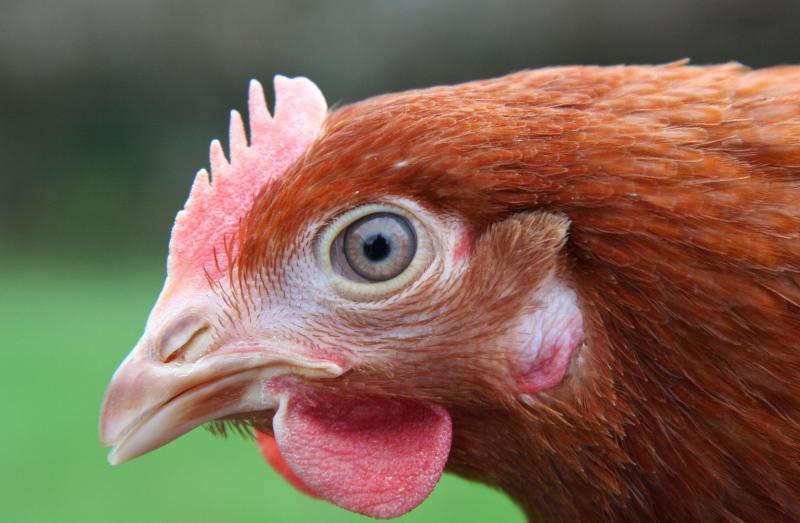
A new code of practice for egg producers has now been laid before Parliament, with the egg industry having secured changes to a clause on beak trimming.
When the draft Code of Practice for the Welfare of Laying Hens was published earlier this year by Defra, it included a clause that again raised the prospect of a beak trimming ban.
A previous threat to ban the practice had been abandoned at the end of 2015, when Farming Minister George Eustice was advised that the risks of introducing a ban on beak trimming were too great.
He was told that such a ban could result in outbreaks of severe feather pecking.
At the time of his announcement, the Minister said that a report by the Beak Trimming Action Group (BTAG) had identified a number of improved management techniques that could reduce feather pecking and the Government expected to see these techniques introduced across the layer sector.
British Egg Industry Council chief executive Mark Williams said he was now confident that the industry would be able to end beak trimming before the Government needed to act.
He said: "We will stop beak trimming in this country before Government has an opportunity to ban it."
"That's what we are working to, but we are not going to do that until we know that we are not going to have worse welfare problems."
Defra's original draft code was put out for consultation at the end of January. The consultation period ended on March 9 and the department has produced a final draft, including revisions, which has been placed before Parliament.
If there are no objections in Parliament during a period of 40 days, the code is expected to come into force in early August.
'Drive up costs'
Defra says it received 21 responses during the consultation process. The largest number of responses (6) came from animal welfare organisations.
Other responses were received from the livestock sector (5), universities (2), charities (2), the veterinary profession (1), local authorities (1) and members of the public (4).
One of the industry respondents was the British Free Range Egg Producers Association (BFREPA), which warned in its submission that the Government's proposals would drive up costs for the industry.
"We expect it to increase costs, as many producers will be confused between the code’s joint aims to guide best practice reflecting the latest scientific and veterinary knowledge, as compared to complying with the current legislation," said BFREPA chief executive Robert Gooch in his written submission. He submitted 25 suggested amendments to the draft code.
On the issue of beak trimming, Mr Gooch said he was not surprised to see mention of beak trimming in the document but he said he was concerned at the suggestion that the practice would be banned automatically after two flocks.
"The Laying Hen Welfare Forum is working to try to reduce feather pecking. The whole reason for this is the Government hopes to reach a point where we don't need to trim beaks, even though we have concerns about that," he said.
"The Government wants to reduce injurious pecking until beak trimming can be banned. That is Government policy, so I am not surprised that it is in the document.
"What is more concerning is that it specifically says after two flocks we should consider not beak trimming. It has always been when feather pecking is under control. Specifically saying two flocks is interesting and worrying and is something we will be pushing back against," said Mr Gooch.
Amendments
In response to the consultation process, Defra said the Government had carefully considered the comments received. It said it had made some amendments to the draft code.
These included a revised recommended stocking density for pullets; revised recommended lighting levels; and some amendments to sections on biosecurity, inspections, skeletal health, dark brooders and injurious pecking. It said the title of the code had also been changed to the Code of Practice for the Welfare of Laying Hens and Pullets to make clear that it covered pullets as well.
It said Defra would work closely with key stakeholders, including the British Egg Industry Council, the British Free Range Egg Producers Association, the National Farmers Union and relevant charities, to ensure owners and keepers, including those with backyard flocks, were fully aware of the updated statutory code.
